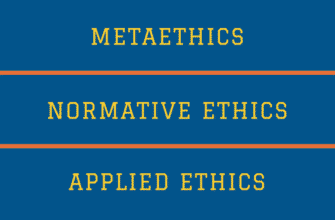Has a salacious headline ever misled you into reading an article? In the internet world, we call this a clickbait. Its purpose is to attract attention and draw visitors to a particular web page by enticing you through a provocative hook. While overly exciting headlines are not unusual, a clickbait exploits the truth to spark your curiosity.
A prime example of clickbaiting recently took place with Patton Oswald:
Patton Oswald: I did an interview and talked about Bill Cosby… What I said was, ‘of course I don’t want to believe this, but there’s f–king twenty of them now. If there’s twenty accusations, that means there’s hundreds. It’s like when you see one cockroach in the house that means there’s a thousand in the walls.’ That’s what I said. So that sounds okay, right? What do you think people did with that?
Wil Wheaton: Comedian compares rape accusers to cockroaches.
Patton: Rape victims to cockroaches. There were three different articles. It’s amazing in those articles there’s just the headline and my picture, then they quote what I was saying in the podcast. In the quote it negates their own headline, but at that point it doesn’t matter. They got you to stop and scroll down. They got a view on the site.
Can you imagine the ramifications Patton faced with this blatant twisting of his words? How many people saw that headline and continue to believe he compared rape victims to cockroaches? If this seems outlandish, it’s more common than you think. And it is happening in your workplace all the time.
Leaders commonly make things sound better than they are. We shroud new programs in “feel good” promotions and try to remind the team of past progress before they complete the annual satisfaction survey. Basically, instead of addressing very real concerns, we clickbait in an attempt to distract and avoid difficult conversations.
Considering the issues with clickbaiting, here are three reasons why we, as leaders, need to avoid it:
It’s ethically wrong. Clickbaiting is lying. We can argue that it’s an effective marketing technique, but there’s no denying that it is based in deceit. And, if you have core values established for your organization, I’m sure clickbaiting breaks at least one of them.
It will hurt your credibility. Reputations are fragile, and damaging them is much easier than building them up. The practice of clickbaiting will quickly build your reputation as someone who exaggerates, misinforms, and is generally untrustworthy. This is not the personal branding you are looking for.
It negates what you are trying to accomplish. If you can’t sell your idea without a gimmick, is it worth pursuing? And what happens when the team follows your breadcrumbs only to find that you purposefully led them in the wrong direction? Clickbaiting is a short-term solution, so if you want to be a long-term leader, sell your ideas on their merit.
In a time when transparency is all the rage, clickbaiting is bad journalism and it is bad leadership. Stop spinning your stories and just tell them. It may be rough at times, but every instance of unease will further build your standing with those on your team. This will have a positive impact on your culture, the engagement of those on your team, and the degree of loyalty from those who choose to follow you.






